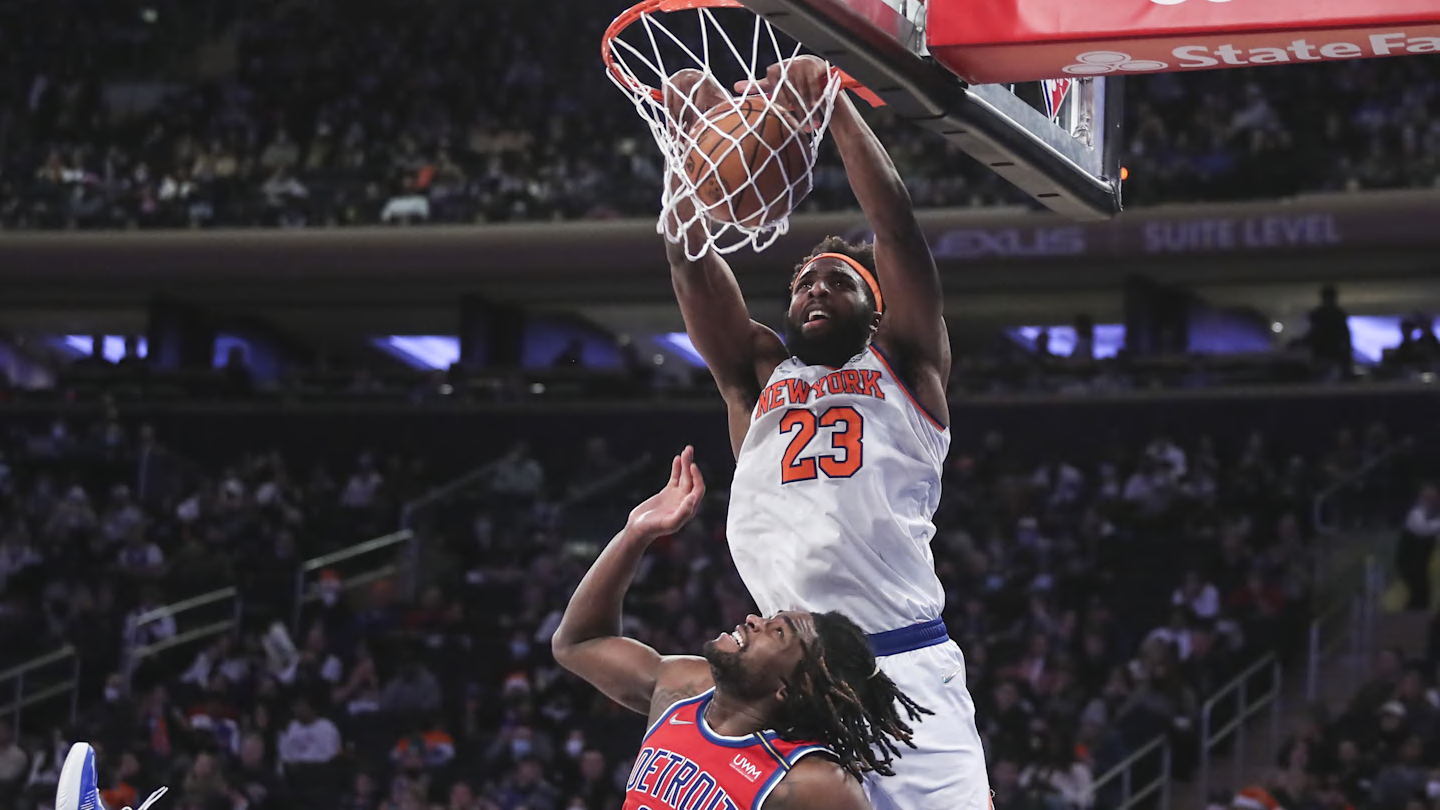Gambling
Unanswered questions remain in Shohei Ohtani, ex-interpreter gambling probe

Ever see a house fire that emits no smoke?
Perhaps, however, you could see this smokeless fire from miles and weeks away.
From the moment $700 million international super-duper star Shohei Ohtani’s former pal, Ippei Mizuhara was busted for running up a Godzilla-sized sports gambling debt of at least $17 million with Ohtani’s money, executives in the banking, lending and brokerage businesses reached out to warn of a coverup-on-the-come.
In April, MLB quietly announced Ohtani has been exonerated. He had nothing to do with it, thus we were expected to believe Mizuhara was unilaterally granted millions of dollars in credits from bookies without their knowledge or even passing interest that his collateral was independent of his close friendship with Ohtani.
Ohtani’s “Play ball!” clearance by MLB triggered another round of “What the hey!” missives from those far more familiar with finance law than I, a mere home mortgage borrower.
One such contact is a senior executive and compliance officer/investigator — a button-down straight-shooter — in a large East Coast financial firm who asked for anonymity.
From the start — well before Mizuhara pleaded guilty to theft in a California courtroom — this fellow predicted that MLB would issue Ohtani a pass — one of those Rob Manfred Era automatic intentional passes. Following MLB’s exoneration of Ohtani, he continued:
“This is a completely obvious coverup for MLB’s biggest star.
“Whenever you transfer a cash amount larger than $10,000 in the U.S. banking system, it triggers a SARs — Suspicious Activity Report. This must be reviewed, reported and documented by multiple layers of bank management, from the branch system to the compliance department and even the legal department when there are multiple instances.
“These are must-comply matters.
“These are then required to be filed with FinCEN [the Financial Crimes Enforcement Network run by the U.S. Treasury] whenever fraudulent activities are even suspected.
“The pattern here screams ‘Fraud!’ Red flags everywhere.
“Or are we to believe that there were, say, 34 transfers of $500,000 [totaling $17 million] each to a known bookmaker or bookmakers and no one noticed? Impossible!”
Or are we to believe that the bookies waited until Mizuhara owed millions before trying to collect? What was his settle-up number, $5 million paid in $20 bills??
But MLB has already made its call: “After further review, the superstar is safe!”
TNT’s Smith deserves more love
So predictably silly how the media operate. With NBA rights expected to move to NBC from TNT, there has been gnashings of teeth as to what this might mean for TNT’s regular studio show big-name panelists Charles Barkley (Retiring? Unlikely.) and Shaquille O’Neill, who mostly kill time speaking inattentive platitudes while swapping mostly unfunny put-downs of each other followed by forced belly laughs.
Yet the man who pays attention and adds applicable, appreciated insights and substance to the day’s game, Kenny Smith, becomes an afterthought, an expendable discard.
And that figures.
Thursday in Kansas City, the Yankees lost, 4-3, on Maikel Garcia’s two-out, two-run double down the left-field line to end it.
Though there were two outstanding fundamental reasons for DJ LeMahieu to guard the third-base line — the winning run was on first and Garcia bats right-handed — LeMahieu played far off the bag, toward short.
Garcia then put it where LeMahieu logically should have been. Did decades of sensible baseball strategy, as well as new-wave analytics, evade Aaron Boone and his staff?
There is no silly, long-form expression that won’t be copied and sustained by game broadcasters. Simply stated plain-English is trending dead.
Teams that score more than one run in a half-inning no longer “scored two” or “scored three.” It must be spoken as “put up a two-spot” or “three-spot.”
Last Sunday Michael Kay was likely bound by oath to tell us the “Mets put up a four-spot” — as if he and others would say that in casual baseball conversation.
Thursday, as Yanks-Royals ended on a two-out, two run double, all pertinent parties ran as fast as possible, including Yanks’ left fielder Alex Verdugo. Of course, that was soon described as a “walk-off double.” One size fits all.
Box Scores of the Week: Tuesday, in a 5-3 loss to Cleveland, the Reds used seven pitchers. Only one, Buck Farmer, was allowed to complete as many as two innings.
In a 9-3 win against the Padres, the Diamondbacks used seven pitchers. See how that must-face-three-batters rule is working out?
I’m sure it was said during the next Reds and D’backs game that their bullpens are bushed and need their starters to “go deep,” which now means five or six innings.
Picking up on some eavesdropping
A note here Friday, about how Edmonton’s Darnell Nurse leaned over the boards from his seat on the far end of the bench to hear what ice-side analyst Ray Ferraro was saying about him to ESPN’s Stanley Cup Final audience, brought to mind a similar collision of circumstances when I covered the Cosmos soccer team 45 years ago.
The Cosmos had a Belgian winger, Francois Van der Elst. After the game — and I believe it was in, of all places, Edmonton (unless I just want to believe that) — the Cosmos’ grunting, snarling, humorless German coach, Hennes Weisweiler, spoke of Van der Elst’s play in unflattering terms.
As The Post then was an afternoon paper, I was able to return to my room in the team’s hotel to type my story. I left my hotel door wide open so I didn’t have to answer any knocks, just come on in.
As I’m transcribing Weisweiller’s thumbs-down comments about Van der Elst, who enters? Van der Elst. “I was just writing about you,” I told him. He asked to know what I was writing, so I read Weisweiler’s quotes to him.
Van der Elst proceeded to angrily refute, on the record, every word his coach had said about him, quote by quote. Very strange, like King George III sitting in on the drafting of the Declaration of Independence.
CBS’ Jim Nantz never tires of allowing Tiger Woods to destroy his credibility.
Last Sunday, Scottie Scheffler had just won The Memorial, further cementing his status as the best current golfer in the world.
But as Scheffler approached the tournament’s annual host, Jack Nicklaus, to exchange a respectful handshake, Nantz saw fit to tell us that Woods, who had nothing to do with this moment, “Five times” shook Nicklauas’ hand after winning the Memorial. And it’s far too late to shout “Enough!”
Two weeks after Bill Walton’s death, emails arrived attesting to his kindness. Two stand out for the same reason — one from a man who, as a kid, worked as an arena parking lot attendant; the other from a fellow who worked security at a team and media entrance.
Both wrote that Walton stopped to introduce himself when he entered — as if they didn’t know who he was — then made sure to say thanks and goodbye on his way out.










